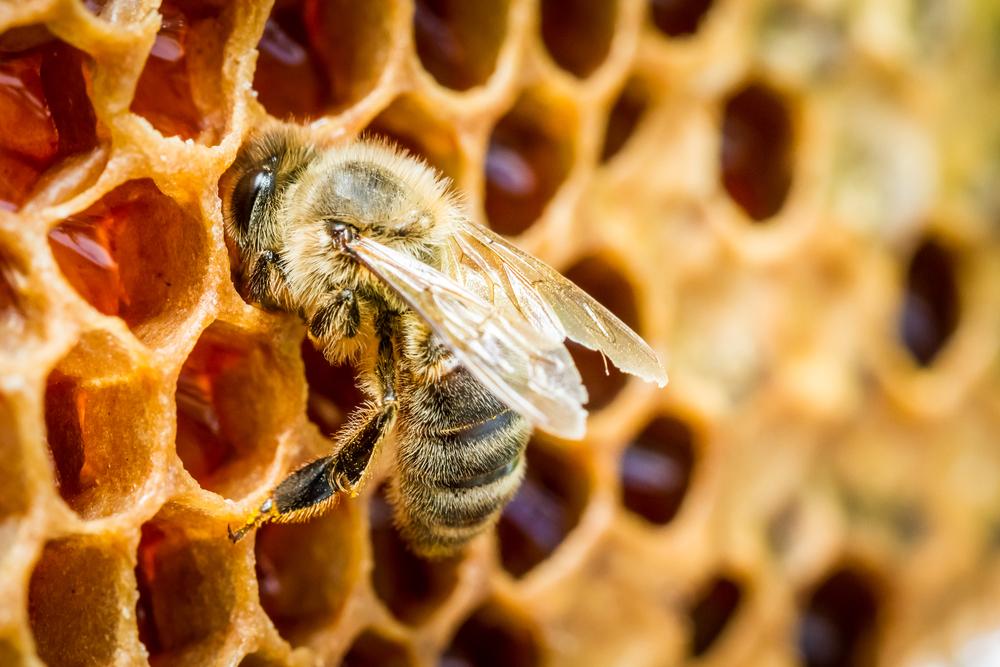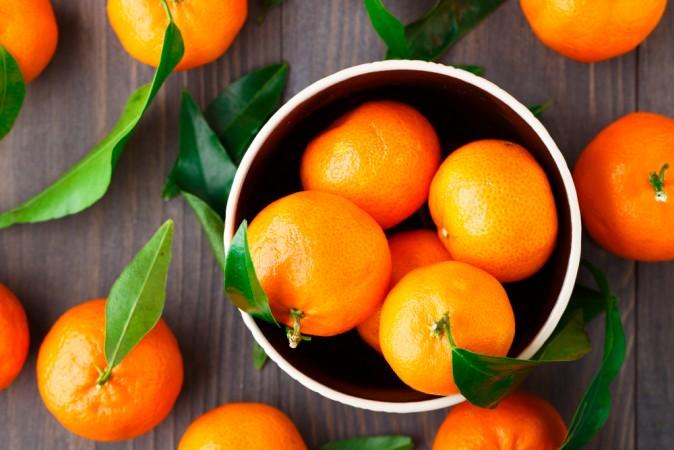Menopause can seem like torture. Women at midlife suffer with mood swings, stubborn weight gain, hot flashes, and low energy. At the same time they can develop anxiety, depression, and trouble sleeping. This natural remedy may provide a perfect solution...
|Updated:




